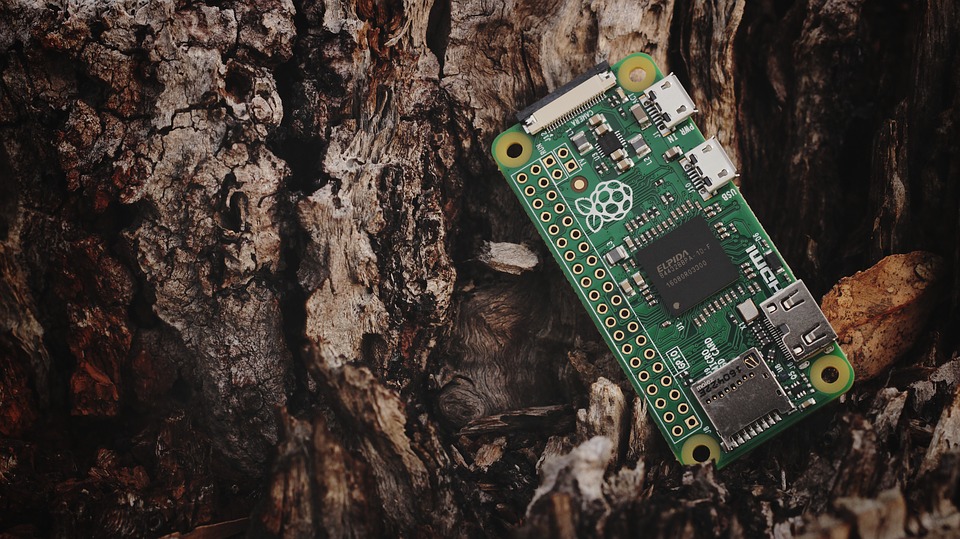By Jean-Jacques DeLisle, contributing writer
Until now, the Internet of Things (IoT) has been more or less compartmentalized, with certain devices being able to pair only with other compatible devices and over a gateway that’s usually all made by the same vendor. This uniformity makes configuring multi-platform systems with devices like smartphones near impossible. To counteract this brand segregation, Mozilla came forth with its new endeavor deemed “Project Things,” which is an open framework for controlling IoT.
With Project Things, anybody with a Raspberry Pi can easily build their own Things Gateway, and users can also control their connected devices directly from the web, no matter the platform that their devices originated from. While, currently, there are quite a few competing vendors fighting to be the leader of IoT in homes and at the workplace, there are few worldwide-accepted industry standards for connectivity, and the smart-home space is heavily fragmented. Manufacturers often prevent independent implementations by withholding documentation and by litigation, a nuisance that has now been eradicated by Mozilla’s new interface.

Anybody with a Raspberry Pi can easily build their own Things Gateway . Image source: Pixabay.
The open-source gateway software and specifications that Mozilla created relies on JSON, REST, and Websockets API and hosts many beneficial features. Not only does this new Things Gateway offer a multitude of support profiles for authorizing third-party applications — adding new protocols and devices or using multi-level switches and sensors — but it also implements an “if, then” logic engine to bring device interaction to a whole new level. Mozilla has even added a floor-plan-view application so that you can map out the devices in your home and voice-control all of them with just the microphone on your PC.
By making this easy-to-use and open-source Things Gateway that is readily available to the masses, Mozilla’s project could finally bring about the rise of the “true smart home.” Perhaps soon, the culmination of interconnected devices of a house that can be fully automated or responsive to its occupants is one step closer to reaching reality and two steps further away from the realm of science fiction. Sure, Siri and Google Home have come close to making smart homes a viable product for the public, but they only interact with specific devices, are plagued with security issues, and end up costing a fortune. Mozilla’s Things Gateways will be more secure, private, and will not have to rely on Apple, Microsoft, Amazon, or any tech mogul company for updates.
Advertisement
Learn more about Electronic Products Magazine





